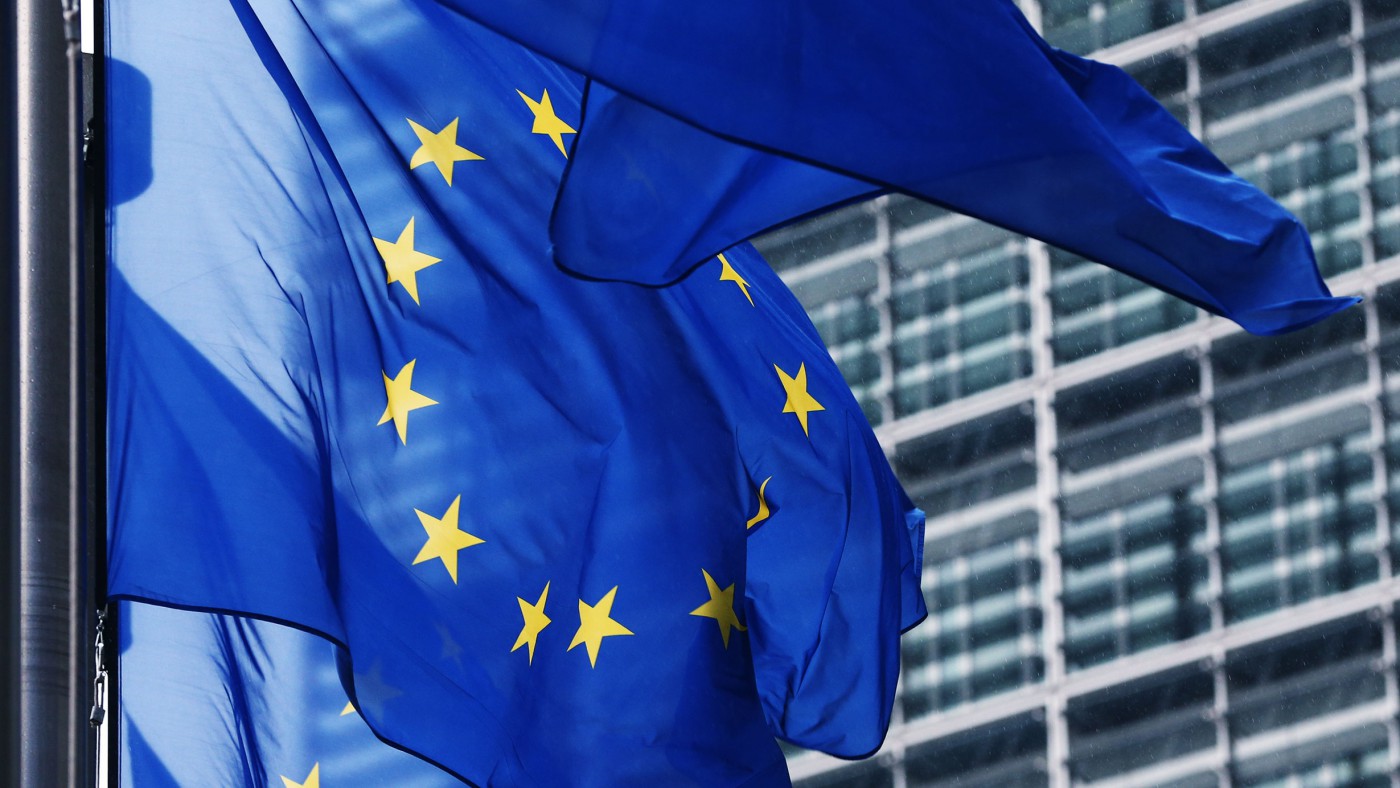There was some mockery on social media today when Iain Duncan Smith cited Altiero Spinelli in his interview with Andrew Marr this morning. Funny old IDS, bringing up ancient history and calling Spinelli an ex-Communist. “Beware the reds of Brussels!!!!” tweeted one Unison activist, sarcastically one assumes.
There is already enough stupidity in this EU campaign, with both sides trading some questionable figures, and the Tory tribe risking the ire of the 63% of the population that does not vote Conservative by conducting the argument as though it is a Tory punch-up to which no-one else is invited. Please, let’s not make it worse by mocking those who invoke the lessons of history in an attempt to get beyond short-term nonsense. Incidentally, on the referendum, some of the worst and most entitled stuff, about Tories deciding the future of the country over tennis and squabbling by text as though they are pursuing a feud started at the school disco, is almost enough to make me think that what is needed is a revolution rather than a referendum.
Back to Spinelli…. IDS was quite right to single him out, for he is arguably one of the most significant figures in mid to late 20th century European history. Yes, he was originally a Communist, in opposition to the rise of Italy’s fascists, although he broke with the Communist Party over Stalin and the purges. It was during his internal exile that he wrote the Ventotene manifesto (1941), which lays out the case for forging a fully federal European Union. He believed that only by reducing the sovereignty of the nation states of Europe would future conflict be avoided. He is one of the fathers of continental European federalism, although as Hugo Young made clear in This Blessed Plot, his revealing history of how the British Establishment set about putting the UK “at the heart of Europe”, often against the will of voters, Spinelli acknowledges an intellectual debt to the group of English federalists who argued after the First World War for federation. The Manchester Guardian and the New Statesman endorsed such ideas.
It turned out that post-Second World War a great deal of American money and the birth of Nato and the security were what it took to avoid conflict and defend Western security. Still, Spinelli was a trailblazer who was unusual in that he was not only a thinker; he was also a man of action. After the War, he agitated for closer integration and became a European Commissioner and then, as an independent with the support of the Communists, a member of the European Parliament when there were the first direct elections in 1979.
His influence on Mitterand’s thinking in the early 1980s was particularly far-reaching in that his arguments encouraged the French President to break with de Gaulle’s purely intergovernmental approach to European partnership, and move towards what became the monumental Single European Act, of which Margaret Thatcher and her ministers were great promoters, and then Maastricht, which cleared a path to the Euro. Spinelli knew for more than forty years where he wanted Europe to get to. He died in 1986, but the Italian ex-Communist was indeed one of the key architects of what became the European Union.
There are broadly three credible responses to IDS mentioning him: 1) Yes, Spinelli is important and a hero, but British Inners tend to be afraid of making the federalist case. 2) Calm down, Spinelli was excitable and sovereign governments have only implemented some (quite a lot actually) of what he wanted. 3) Spinelli and his fellow federalists were wrong on an epic scale. They have created an anti-democratic monstrosity, in the form of an emerging empire that is so dysfunctional it can do neither economics (the Euro) properly nor protect its borders.
What it is not remotely credible to say is: IDS has mentioned a funny-sounding Italian name and used the C (Communist) word, what’s that got to do with anything?
History matters. It shapes us. The EU emerged as it is because of the efforts – love them or loathe them – of individuals such as Spinelli. If you want to read more about this fascinating man, nine years ago the Arena Centre of European Studies at Oslo University published a collection of his papers that is available free online. It includes a very readable introduction by Agustín José Menéndez.


